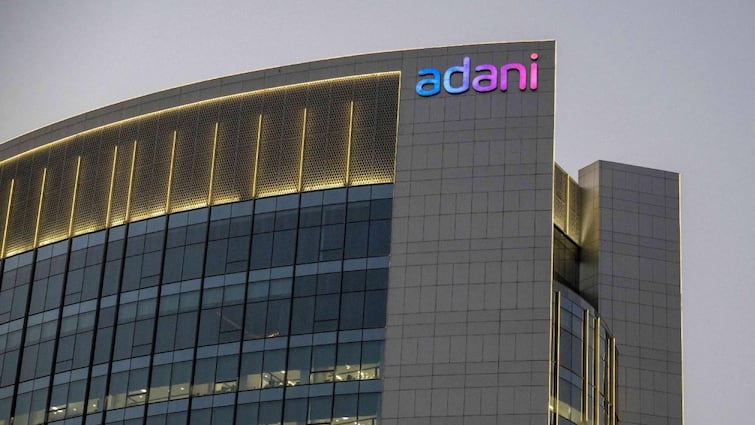The Adani Group has announced a significant push into the Battery Energy Storage Systems sector, unveiling a large-scale project that is claimed to become India’s biggest single-location installation of its kind. The company has begun deploying a 1126 MW / 3530 MWh BESS facility, a system capable of storing 3530 MWh of energy to extend its 1126 MW output for roughly three hours. More than 700 storage containers will be used for the project, which is slated for commissioning by March 2026.
Company officials say the initiative marks a pivotal addition to India’s clean energy infrastructure, offering a way to manage peak demand more efficiently while helping stabilise the national grid. The storage capacity will also help reduce curtailment of solar power, ease pressure on transmission corridors and maintain stable supply during fluctuating renewable generation.
Integrated into the world’s largest renewable energy park
The BESS installation is taking shape at Khavda, the site that is already home to the world’s largest renewable energy development. The new storage facility is being built using advanced lithium-ion battery technology and will operate in tandem with energy management systems designed to optimise performance and reliability.
Once operational, the deployment will allow the Khavda complex to store excess generation and shift energy to periods of high demand, strengthening its role as a cornerstone of India’s transition to a low-carbon power system. Industry observers note that the storage expansion further cements Khavda’s position as the largest combined renewable and storage park anywhere in the world.
Gautam Adani calls storage the backbone of a clean-power era
Announcing the project, Gautam Adani, Chairman of the Adani Group, said, “Energy storage is the cornerstone of a renewable-powered future. With this historic project, we are not only setting global benchmarks but also reinforcing our commitment to India’s energy independence and sustainability. This initiative will enable us to deliver reliable, clean, and affordable energy solutions at scale.”
The Group’s entry places it among a growing set of global companies investing aggressively in large energy storage assets, a trend widely viewed as crucial for integrating renewable power at scale.
Group outlines aggressive expansion plan through 2030
Adani Group’s ambitions do not end with the Khavda deployment. The company has laid out a roadmap to add another 15 GWh of storage capacity by March 2027, with a broader goal of reaching 50 GWh within the next five years. This expansion is expected to support India’s long-term decarbonisation plans and strengthen the energy ecosystem needed to meet net-zero commitments.
The project is widely seen as a defining moment for India’s renewable sector, signalling the arrival of large-format storage infrastructure that can support round-the-clock clean electricity for years to come.


